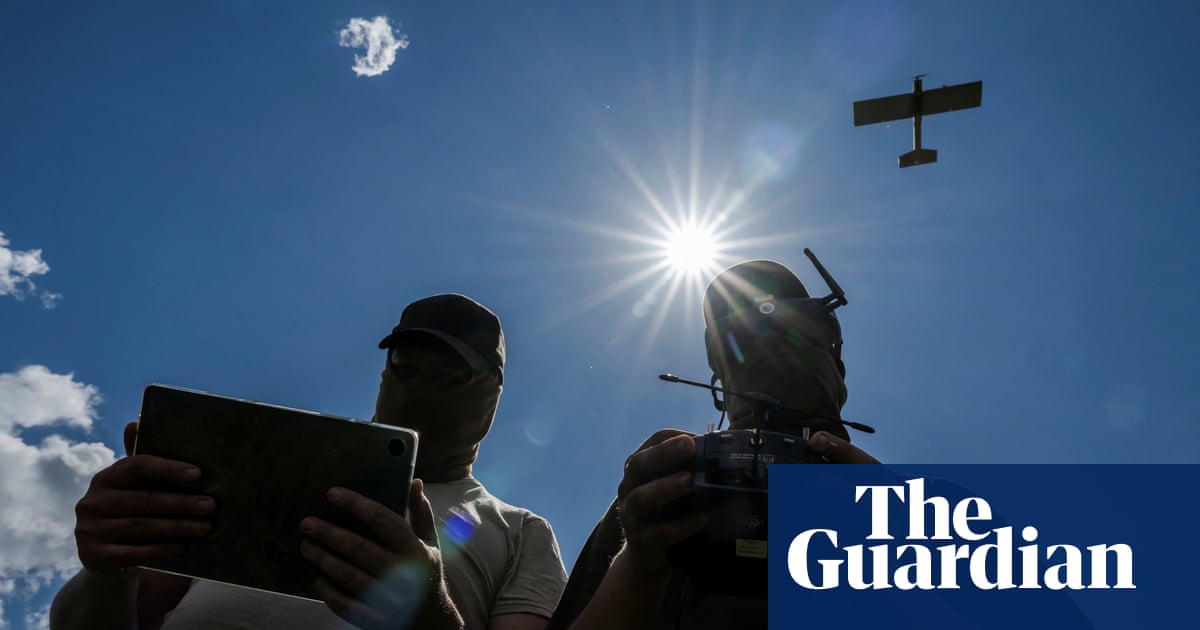Ukrainian Drones Target Moscow: A New Chapter in Ongoing Conflict
In a tense escalation of hostilities, Ukrainian drones have targeted Moscow for the second consecutive night, prompting the temporary closure of the city’s airports, according to reports from Russia’s military. The drone strikes, which approach the historic date of the 80th anniversary of the Soviet Union’s victory over Nazi Germany, raise critical questions about the ongoing conflict and its implications.
The Context of the Attacks
The consecutive drone strikes come at a pivotal moment, as Moscow prepares to commemorate the victory that shaped modern Russian national identity. Russian President Vladimir Putin has proposed a three-day ceasefire from May 8 to 10 to observe this significant moment. However, Ukrainian President Volodymyr Zelenskyy has dismissed this offer as self-serving, insisting that any ceasefire should span at least 30 days, aligning with a proposal from the United States that has been largely ignored by the Kremlin.
Details of the Drone Incursions
Moscow’s Mayor, Sergei Sobyanin, reported that at least 19 drones approached the capital from various directions. Media outlets linked to Russian security services—Baza, Mash, and Shot—indicated that one drone had impacted an apartment building near a major thoroughfare, causing damage to windows but no reported casualties. Sobyanin confirmed that emergency services were deployed to manage the situation, addressing debris that had fallen onto key highways.
In addition to the incursions into Moscow, at least 18 drones were reported over the Voronezh region, which borders Ukraine, highlighting the breadth of the Ukrainian strikes and suggesting a coordinated effort targeting multiple locations.
Impact on Aviation and Security Measures
In response to the drone activity, Russia’s aviation authority, Rosaviatsia, temporarily suspended flights at all four of Moscow’s airports, as well as at some regional airports. This move underscores the escalating security concerns within the capital as drones continue to breach previously assumed safe airspace.
On the previous day, Russian officials claimed to have intercepted four drones before they could reach Moscow, asserting that no damage or injuries occurred. However, such claims often deserve scrutiny, as Russian authorities have a history of asserting complete success in repelling drone attacks, while admitting only to damage from debris.
Ukraine’s Strategic Justification
While the Kremlin has focused on the strategic danger posed by these drone incursions, Ukrainian officials maintained that the strikes are part of a broader military strategy aimed at degrading critical Russian military infrastructure. This tactic is framed as a necessary response to ongoing Russian assaults on Ukrainian territories, which have included attacks on residential areas and key energy infrastructure.
Back in March, Ukraine executed a significant drone campaign, targeting the Moscow region and resulting in casualties and disruptions to flights and train services, marking one of the largest such strikes since the onset of the conflict. Reports indicated that 91 drones were deployed in that operation, showcasing Ukraine’s evolving capabilities in aerial warfare.
Ground Operations in Kursk
Meanwhile, Ukraine’s military reported ongoing combat operations in Russia’s Kursk region, despite Moscow claiming to have thwarted a Ukrainian incursion. In their update shared via Telegram, the Ukrainian military indicated that they had successfully repelled Russian assaults, while enduring artillery fire and air-dropped bombs from Russian forces. This highlights the persistent volatility and complexity of the conflict, even at the front lines away from major urban centers.
Political Ramifications in the West
The conflict’s ramifications extend beyond the battlefield, as political discourse in the United States reflects varying levels of support for Ukraine. Former Vice President Mike Pence recently criticized Donald Trump for suggesting he might withdraw U.S. support for Ukraine, emphasizing that such a move would embolden Russia. Pence’s comments articulate a growing concern among U.S. leadership about the global implications of the conflict in Ukraine, positioning support for the country as vital for regional stability.
As the situation continues to unfold, the stakes for both countries remain high, with international observers closely monitoring events that could redefine the conflict and its far-reaching consequences.


